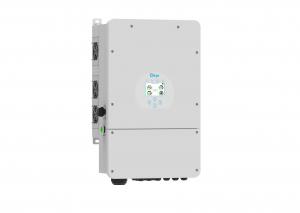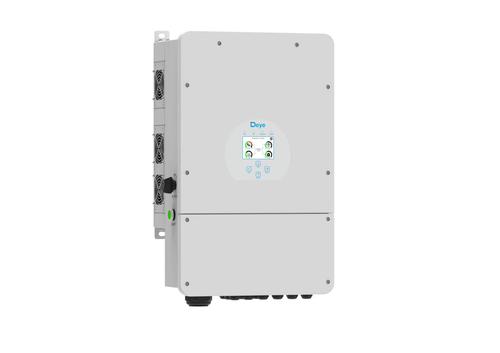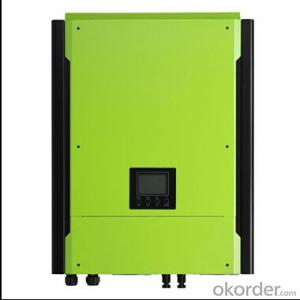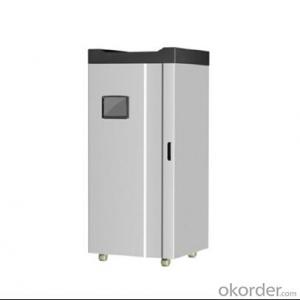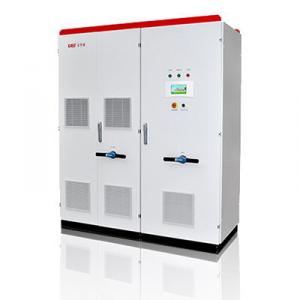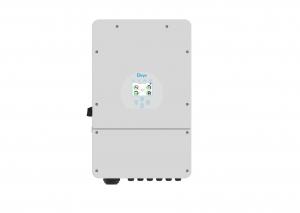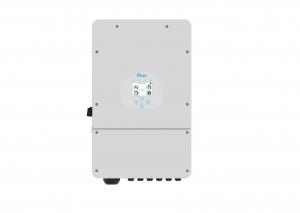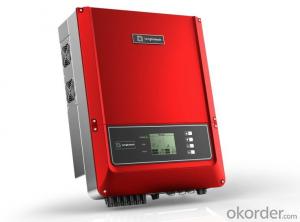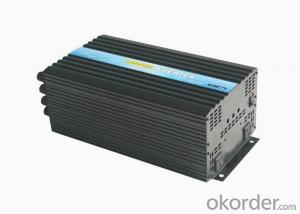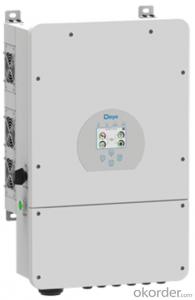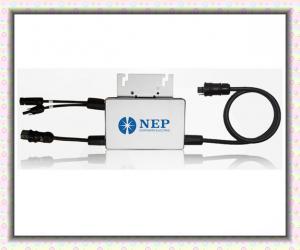8kw hybrid inverter with US certificates from CNBM solar's Panama warehouse
- Loading Port:
- China main port
- Payment Terms:
- TT OR LC
- Min Order Qty:
- 50 pc
- Supply Capability:
- 5000 pc/month
OKorder Service Pledge
Quality Product, Order Online Tracking, Timely Delivery
OKorder Financial Service
Credit Rating, Credit Services, Credit Purchasing
You Might Also Like
Specification
Output Power:
10400w
Inveter Efficiency:
97.6%
Output Voltage(V):
40-60V
Input Voltage(V):
370V
Output Current(A):
190
Output Frequency:
60/55-65
Specification:
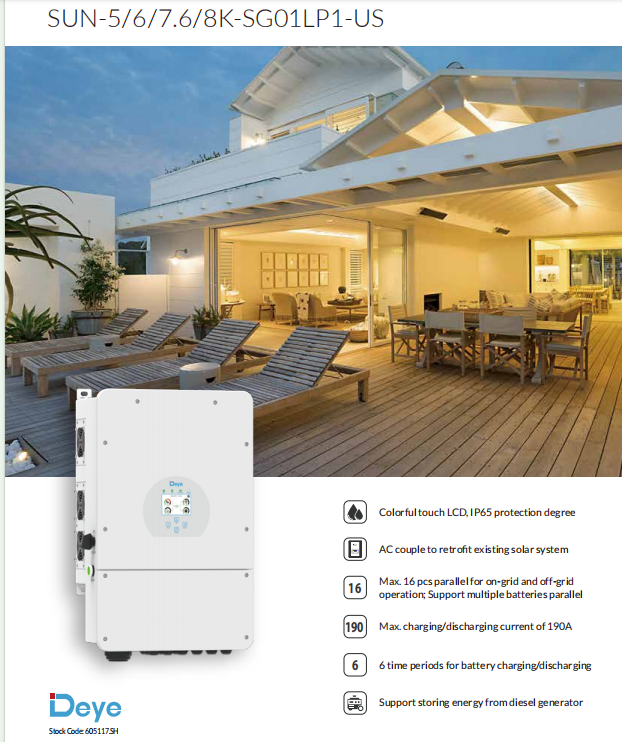
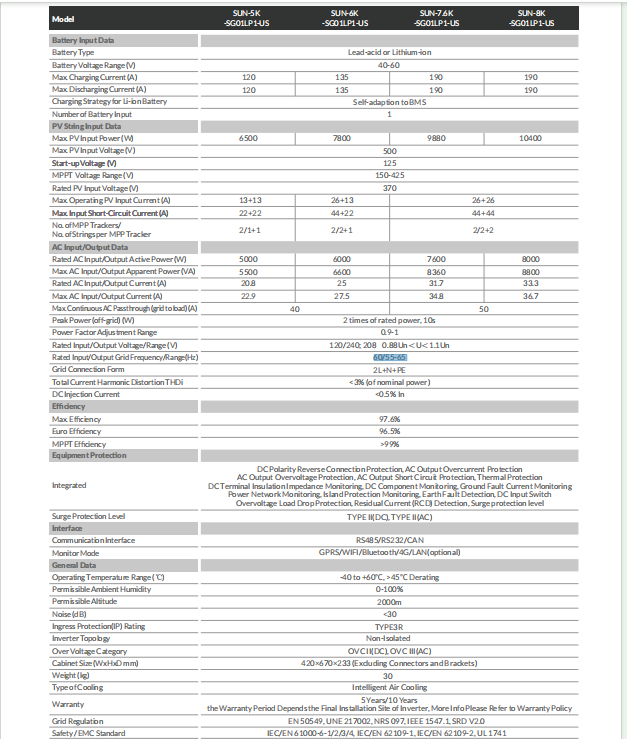
Application:
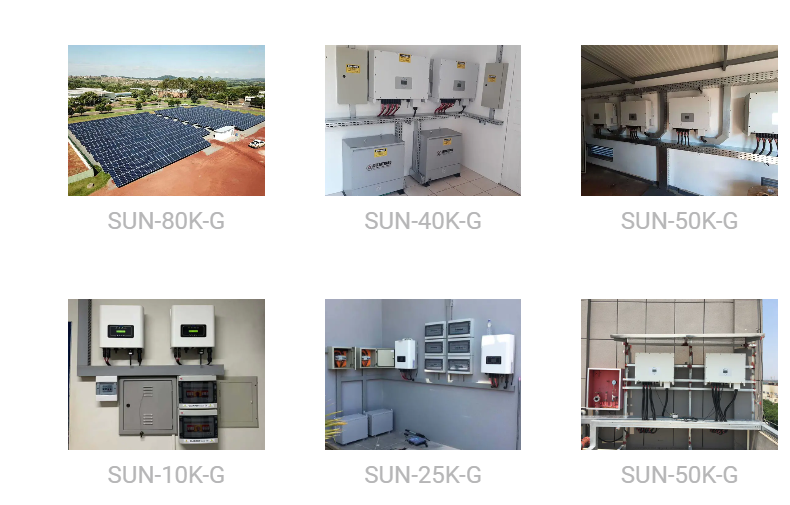
Company:
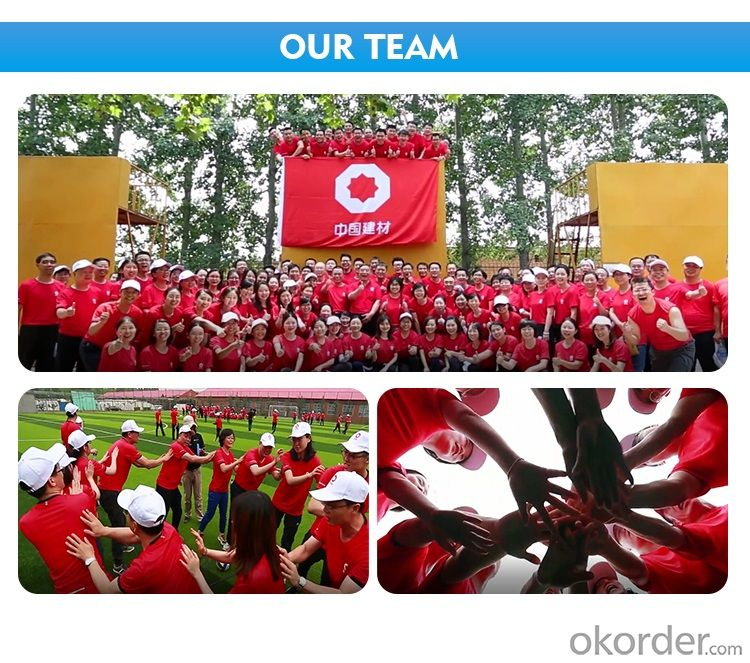
RFQ:
1.Are these products all from deye factory ?
Yes
2.Is this CNBM's Panama overseas warehouse
Yes
3.Are these goods from the bonded warehouse in Panama?
Yes
- Q: Can a solar inverter be used with a backup power supply (UPS)?
- Yes, a solar inverter can be used with a backup power supply (UPS). The UPS can provide power during periods of low solar generation or in case of a grid outage, ensuring a continuous power supply.
- Q: How does a solar inverter handle variations in battery charge levels?
- A solar inverter manages variations in battery charge levels by monitoring the voltage and state of charge of the batteries. It adjusts the flow of electricity from the solar panels to the batteries accordingly, ensuring that the batteries are charged optimally without overcharging or undercharging. This helps maintain a stable and efficient energy storage system.
- Q: Can a solar inverter be used with a remote monitoring system?
- Yes, a solar inverter can be used with a remote monitoring system. In fact, many solar inverters are designed to be compatible with remote monitoring systems, allowing users to monitor their solar energy production, system performance, and troubleshoot any issues remotely. This enables better control and management of the solar power system, ensuring optimal efficiency and performance.
- Q: Can a solar inverter be used with solar-powered streetlights?
- Yes, a solar inverter can be used with solar-powered streetlights. The solar inverter converts the direct current (DC) generated by the solar panels into alternating current (AC) that is required to power the streetlights. This enables the solar-powered streetlights to function efficiently and effectively.
- Q: What is the role of a surge protector in a solar inverter?
- The role of a surge protector in a solar inverter is to protect the inverter and other connected devices from power surges or voltage spikes that can occur in the electrical system. It helps to regulate and stabilize the incoming electricity, preventing damage to the inverter and ensuring the smooth and efficient operation of the solar power system.
- Q: What is the role of a solar inverter in a grid-tied system?
- The role of a solar inverter in a grid-tied system is to convert the direct current (DC) electricity produced by the solar panels into alternating current (AC) electricity that can be used by the electrical grid or consumed by the appliances and devices in a home or business. It also ensures that the solar energy generated is synchronized with the grid's voltage and frequency to enable efficient and safe transfer of power. Additionally, the solar inverter monitors and controls the flow of electricity between the solar panels, the grid, and any energy storage systems that may be connected to the system.
- Q: Can a solar inverter be used in a solar-powered electric vehicle charging station?
- Yes, a solar inverter can be used in a solar-powered electric vehicle charging station. A solar inverter is responsible for converting the Direct Current (DC) generated by solar panels into Alternating Current (AC) that can be used to charge electric vehicles. Therefore, it is an essential component in a solar-powered EV charging station, allowing the electricity generated from solar panels to be compatible with the charging needs of electric vehicles.
- Q: How is a solar inverter different from a regular inverter?
- A solar inverter is specifically designed to convert the DC (direct current) electricity generated by solar panels into AC (alternating current) electricity that can be used to power household appliances and be fed back into the grid. On the other hand, a regular inverter is generally used to convert DC power from batteries or other sources into AC power. Therefore, the main difference lies in their purpose and the source of the DC electricity they handle.
- Q: Can a solar inverter be used in a solar water pumping system?
- Yes, a solar inverter can be used in a solar water pumping system. The solar inverter is responsible for converting the direct current (DC) power generated by the solar panels into alternating current (AC) power, which is suitable for powering the water pump. This allows the solar water pumping system to operate efficiently and effectively, utilizing the solar energy to pump water without the need for grid electricity.
- Q: Are solar inverters compatible with smart home systems?
- Yes, solar inverters are compatible with smart home systems. In fact, many modern solar inverters are designed to integrate seamlessly with smart home technology, allowing homeowners to monitor and control their solar energy production and consumption through their smart devices. This integration enables better energy management, increased efficiency, and the ability to optimize the use of solar power within a smart home ecosystem.
Send your message to us
8kw hybrid inverter with US certificates from CNBM solar's Panama warehouse
- Loading Port:
- China main port
- Payment Terms:
- TT OR LC
- Min Order Qty:
- 50 pc
- Supply Capability:
- 5000 pc/month
OKorder Service Pledge
Quality Product, Order Online Tracking, Timely Delivery
OKorder Financial Service
Credit Rating, Credit Services, Credit Purchasing
Similar products
Hot products
Hot Searches
Related keywords
